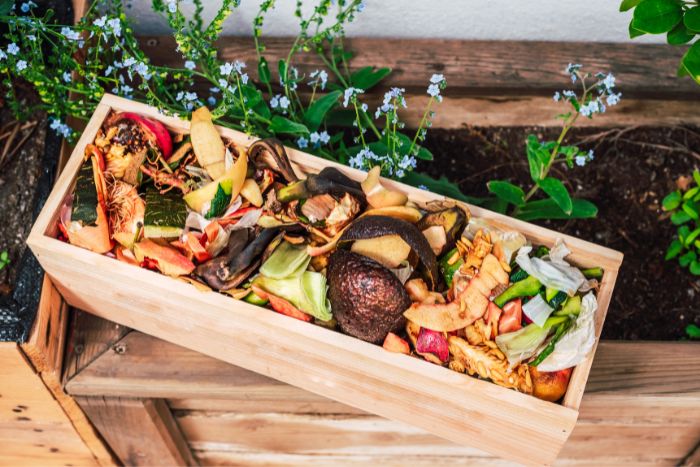From January1, 2024, source separation of biowaste will be mandatory for all professionals and private individuals.
Obligations to sort biowaste at source
Since 2012, businesses generating large volumes of biowaste (120 tons per year in 2012, then 10 tons per year in 2016) have been required to sort the biowaste produced on their site at source, with a view to recycling it.
In 2020, the anti-waste law for a circular economy, known as the AGEC law, one of whose aims is to ensure better management of resources and waste, sets targets for reducing waste (particularly food waste) in France.
It is against this backdrop that the obligation to sort biowaste at source is gradually being extended. Initially, the obligation was extended to producers of more than 5 tonnes of biowaste per year. Ultimately, it will apply to all businesses and individuals, with no minimum threshold, from January1, 2024.

What is biowaste?
Article L. 541-1-1 of the French Environment Code defines biowaste as: " non-hazardous biodegradable garden or park waste, food or kitchen waste from households, offices, restaurants, wholesalers, canteens, caterers or retail outlets, as well as comparable waste from food processing plants ".
This includes biodegradable waste that can be decomposed naturally, such as food waste (meal leftovers, peelings, etc.) and waste from maintenance and gardening activities (lawn clippings, hedge trimmings, dead leaves, etc.).
Implementation of source separation of bio-waste
In application of the hierarchy of waste treatment methods defined in article L. 541-1 of the French Environment Code, producers must give priority to implementing measures aimed at reducing the production of bio-waste and, where appropriate, combating food waste.
For waste that cannot be avoided, producers must implement and propose solutions for sorting bio-waste and finding ways to recover and recycle it.
There are a number of possible source-sorting solutions for implementing this new obligation:
- On-site composting allows food waste and green waste to be turned into compost on site;
- Separate collection, whereby bio-waste processing is outsourced to a private service provider or a local authority.
A number of biowaste treatment and recovery processes already exist, including the following:
- composting (the process of fermenting organic matter and returning it to the soil);
- methanization (the process of degrading organic matter to generate biogas for energy production and digestate for composting and return to the soil).
As a producer of biowaste, even if you generate only a small quantity, you must ensure that your biowaste is sorted at source (e.g. meal leftovers in break rooms or canteens, maintenance of green spaces if not managed by the maintenance service provider, etc.).
You can contact your local authorities to find out about the collection solutions they have developed. A collection service could be envisaged to facilitate the implementation of this obligation.
Photo credit: @Joaquin Corbalan


.svg)



